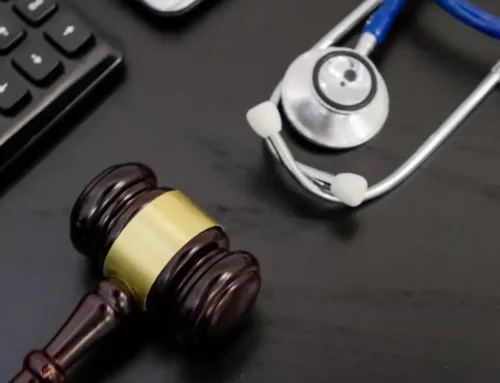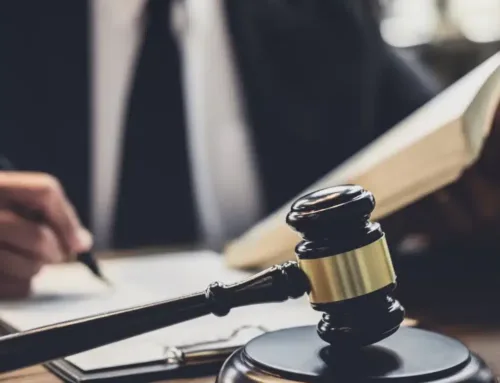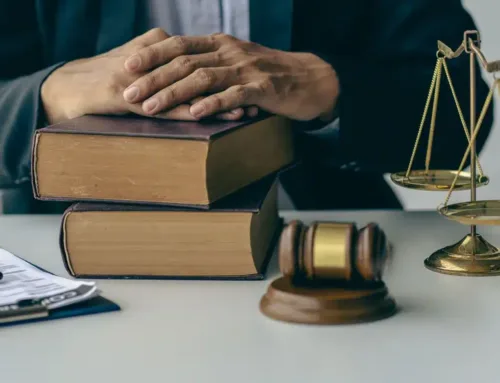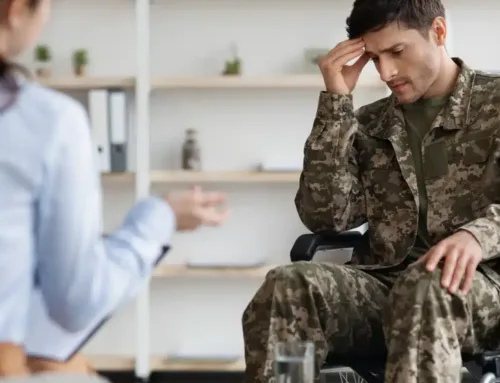Yes, it is possible to collect financial compensation for emotional distress with a personal injury claim in Connecticut. After a traumatic event such as a car accident, dog bite injury, or slip and fall, you may qualify for compensation for the noneconomic damages associated with the incident. These are also referred to as intangible or general losses. They include physical pain, but can also refer to the emotional and psychological side of an accident and injury, such as:
- Mental anguish
- Depression
- Anxiety
- Panic attacks
- Terror
- Psychological harm
- Trauma
- Post-traumatic stress disorder
- Shock
- Isolation
- Confusion
- Humiliation
- Frustration
- Reduced self-esteem
- Trouble concentrating
- Reduced quality of life
- Grief
- Suicidal thoughts
Whether a claimant qualifies for emotional distress damages will depend on the situation. In general, it is easier to claim compensation for emotional distress if it is accompanied by a physical injury. Claiming emotional distress without a physical injury is possible in Connecticut, however, as state law does not require bodily harm to file a claim.
Compensation for emotional distress requires a plaintiff to prove that the defendant breached a duty of care and that the emotional distress would not have happened but for this breach of duty. In other words, the defendant failed to use an appropriate amount of care, and this resulted in the victim’s emotional distress. Some cases also require proof of foreseeability; the emotional distress suffered must have been a foreseeable outcome of the defendant’s actions.
Regardless of the type or severity of personal injury, get an experienced personal injury attorney like Keith Anthony. He knows how to level the playing field and fight for your fair compensation.
Please note: This article is for general information purposes only and is not meant to be construed as legal advice. Only an attorney licensed in your state can offer you legal advice, and only after talking with you and gathering specific information about your situation. If, after reading the general information in this article, you think that you need legal assistance, please contact a lawyer in your area for legal advice.




